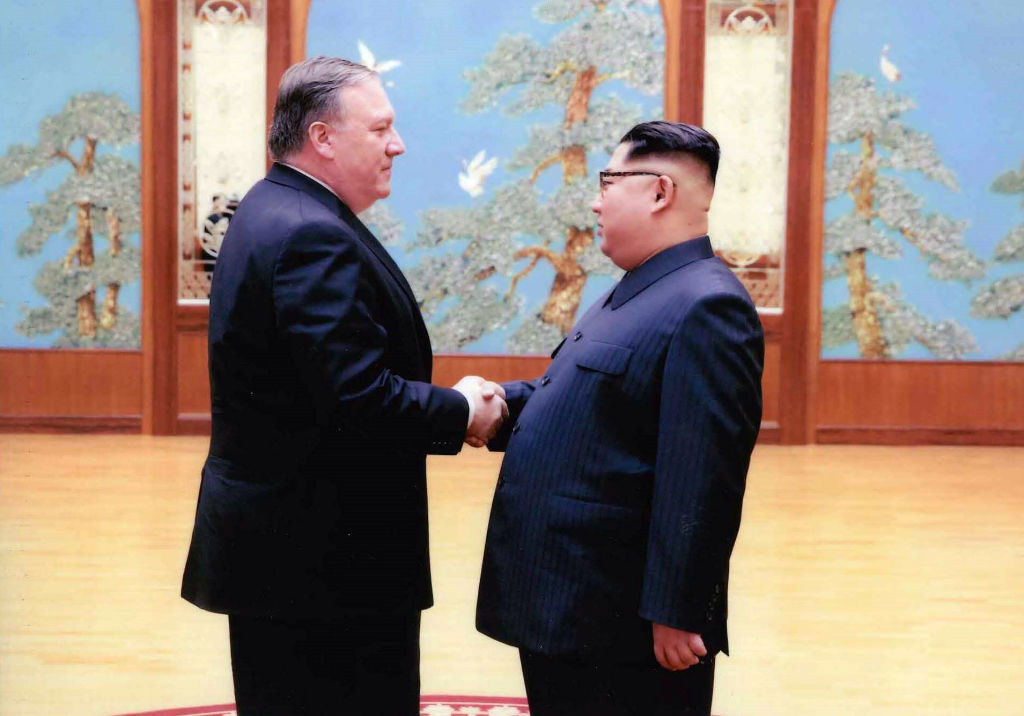
July 13, 2018
America’s Moment of Truth With North Korea Is Coming
Source: The Atlantic
Journalist Uri Friedman
One eight-word assumption underlies American and South Korean negotiations with Kim Jong Un: “North Korea will give up its nuclear weapons.” That’s what the analyst Cheon Seong Whun told me ahead of Secretary of State Mike Pompeo’s trip to Pyongyang this past weekend. For his part, Cheon, a security adviser in the conservative administration of former South Korean President Park Geun Hye, sees not a “scintilla of hint” that the North Korean leader is prepared to do so, despite Kim’s vague promise to Donald Trump in Singapore to “work toward complete denuclearization of the Korean peninsula.”
At some point, now that the spectacle of Trump and Kim meeting is over, the American and South Korean leaders will have to judge whether the dismantling of North Korea’s nuclear program is really achievable, Cheon told me. “That is the moment of truth.”
The truth did not have its moment over the weekend in Pyongyang. But it did come under serious scrutiny for the first time since last month’s Trump–Kim summit. And it was tough to look at. Cho Yoon Je, the South Korean ambassador to the United States, told me last week that these negotiations are different than past, failed efforts because they aim to do more: make progress on denuclearization and simultaneously improve North Korea’s relationship with the United States and South Korea. The idea is that this approach will allow longtime adversaries to build enough trust to risk major concessions. It turns out, however, that even the effort to generate goodwill has become a source of rancor and disagreement. Pompeo’s meeting with his negotiating partner Kim Yong Chol, which yielded nothing concrete but an angry statementfrom the North Korean Foreign Ministry, revealed a fundamental dispute over which should come first or at least be prioritized in the give-and-take between North Korea and the United States: the better relations or the denuclearization.
To the North Korean Foreign Ministry, trust is paramount, and it comes primarily through building better relations. In its statement, the Kim government denounced Pompeo for pressing North Korea to disclose the various elements of its massive nuclear-weapons program and begin dismantling them in a manner that international inspectors can verify. Trump and Kim signed the same four-point joint declaration in Singapore, but whereas Trump tends to tout Point 3, the one concerning denuclearization, the Foreign Ministry’s statement focused on the first and second points, which deal with establishing a new relationship between the two nations and a “lasting and stable peace regime on the Korean peninsula.” The Foreign Ministry argued that a speedy declaration of the end of the Korean War—perhaps occurring as early as later this month, on the anniversary of the signing of the 1953 armistice—would be a “first” step in “defusing tension” and “creating trust.” It exaggerated the moves the North has made so far on denuclearization, such as blowing up a nuclear-test site and promising to demolish a missile-engine test site without committing to verification of the destruction by independent experts.
Read this article and more from The Atlantic
